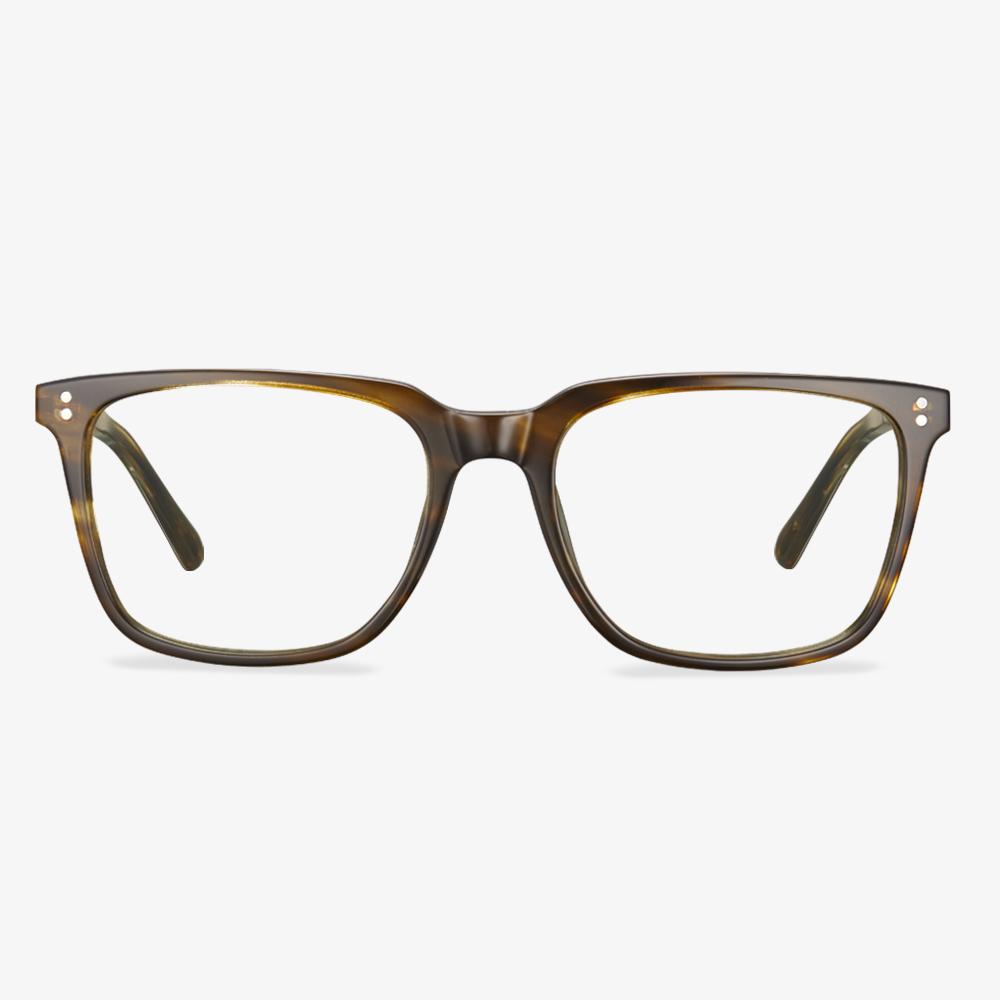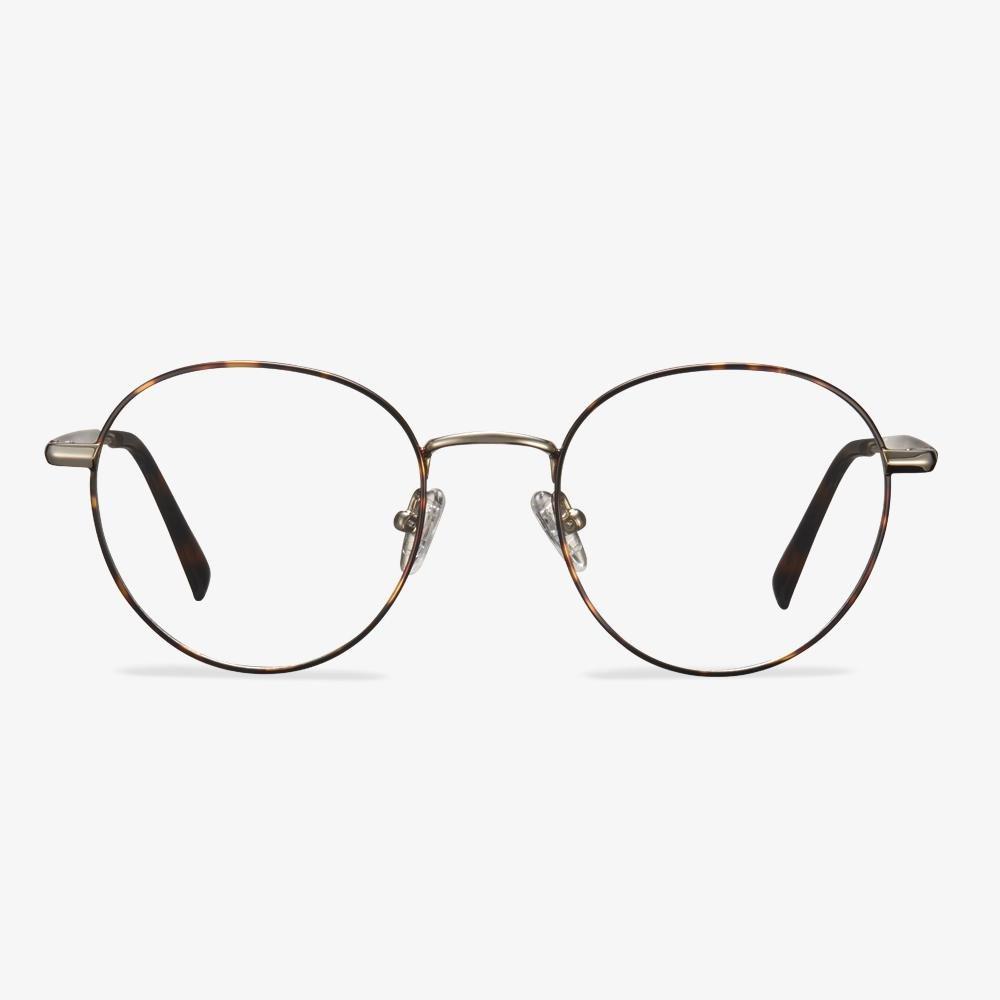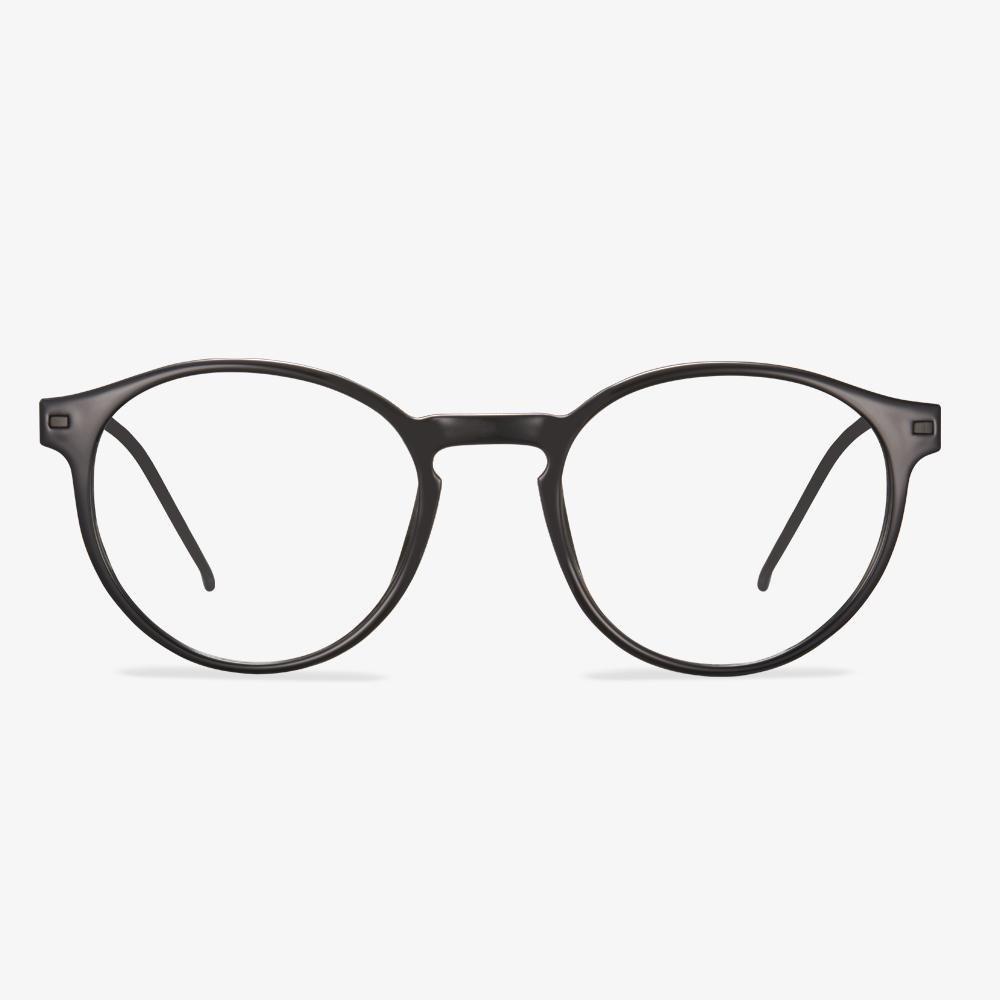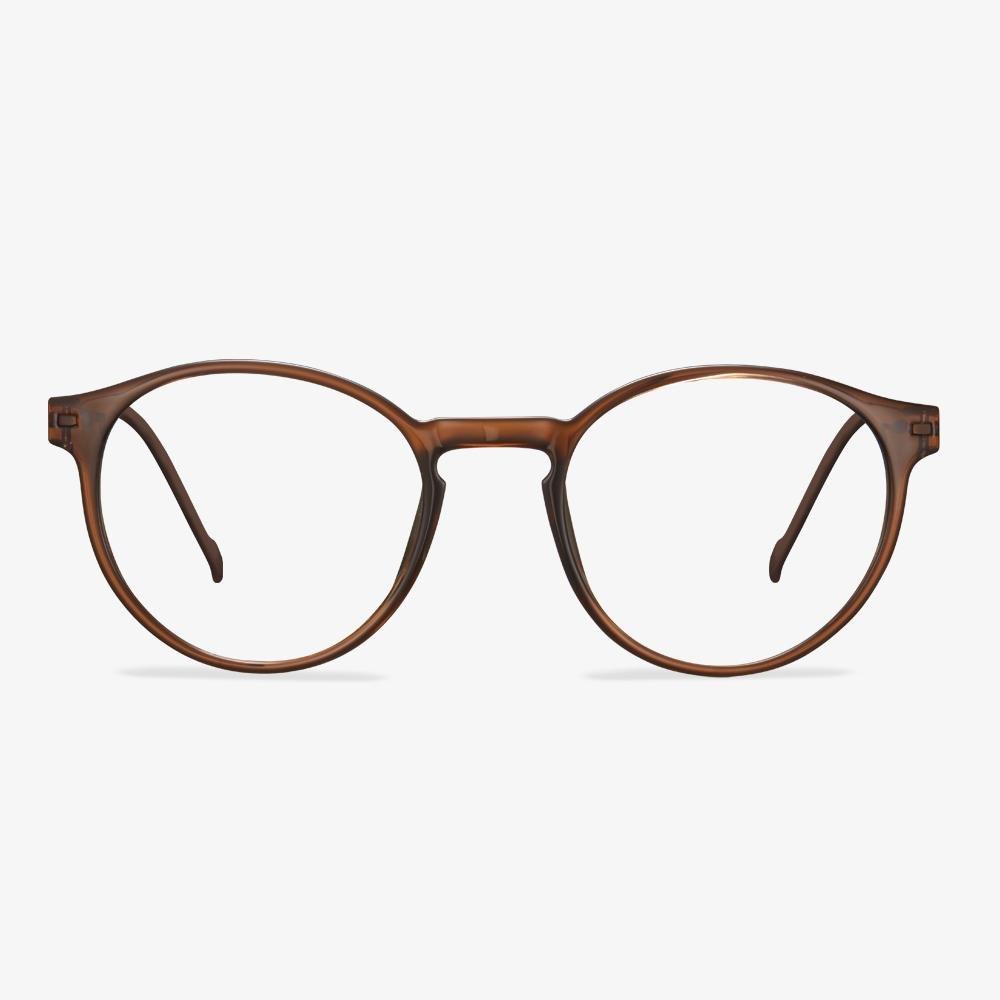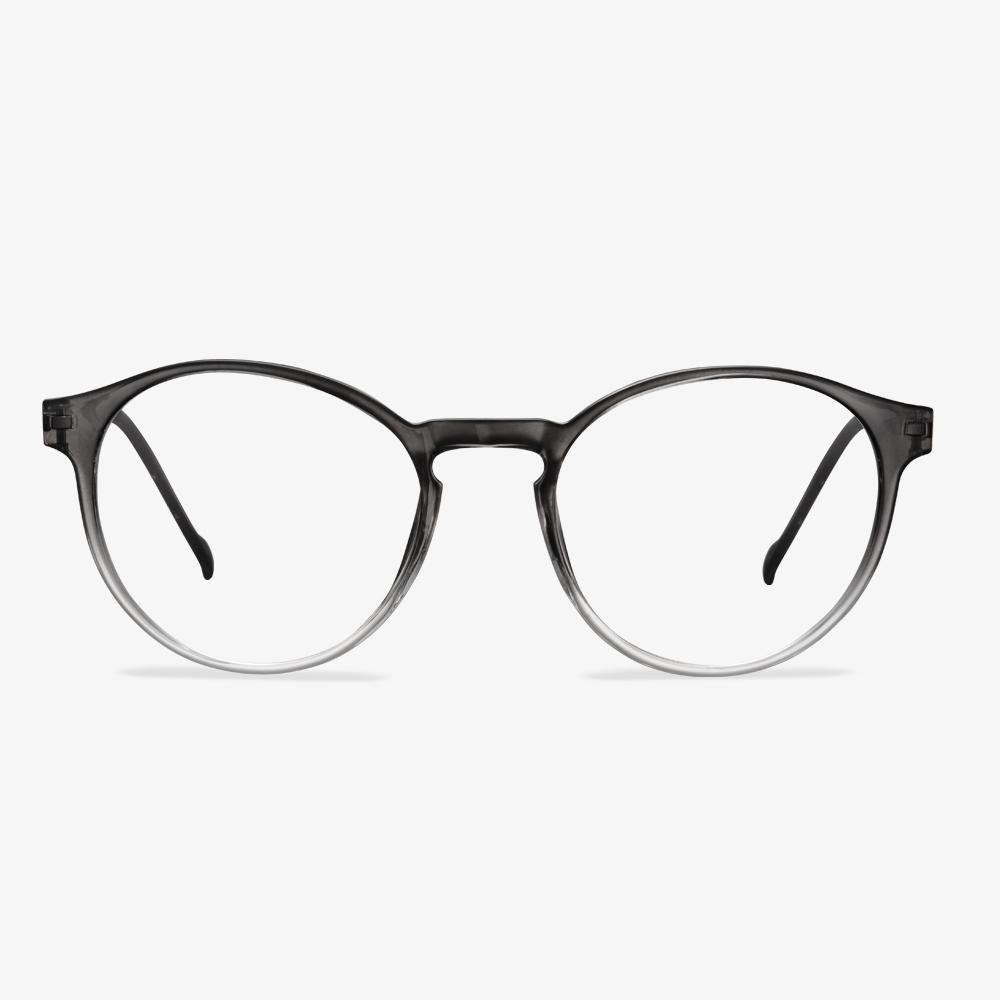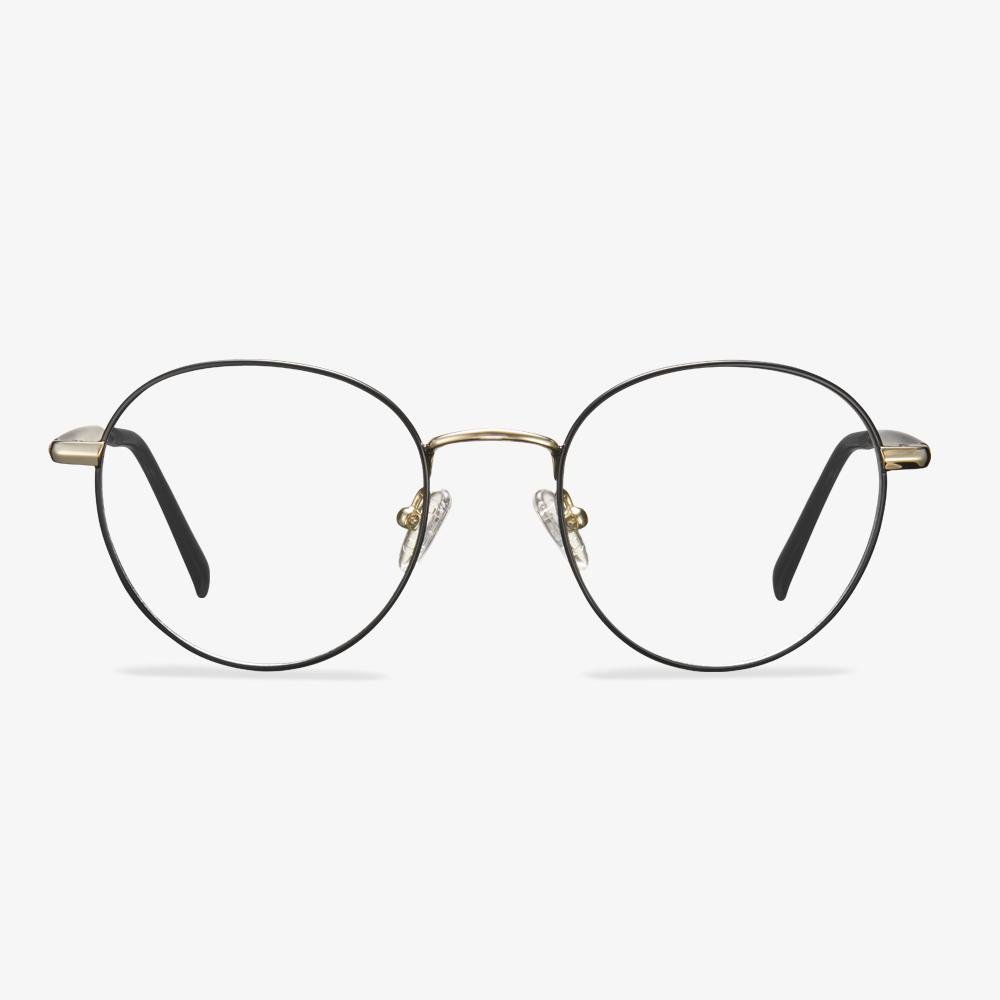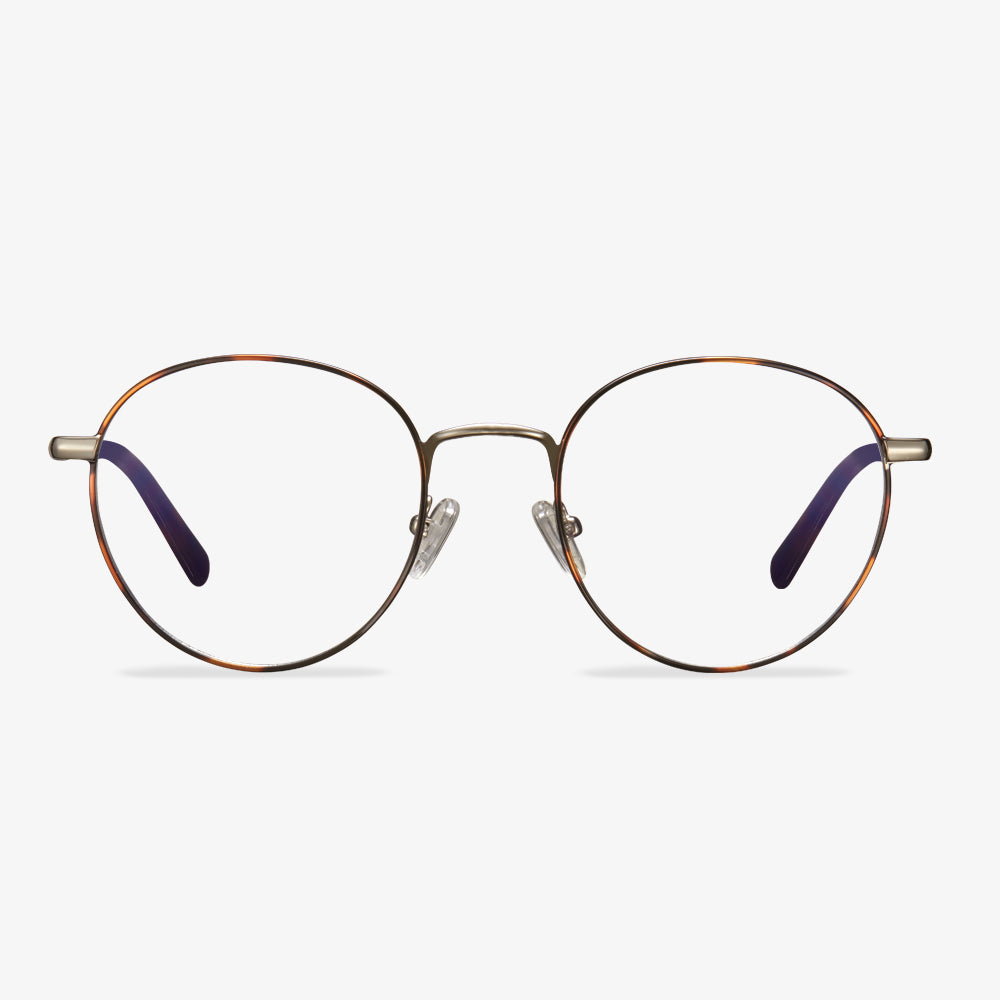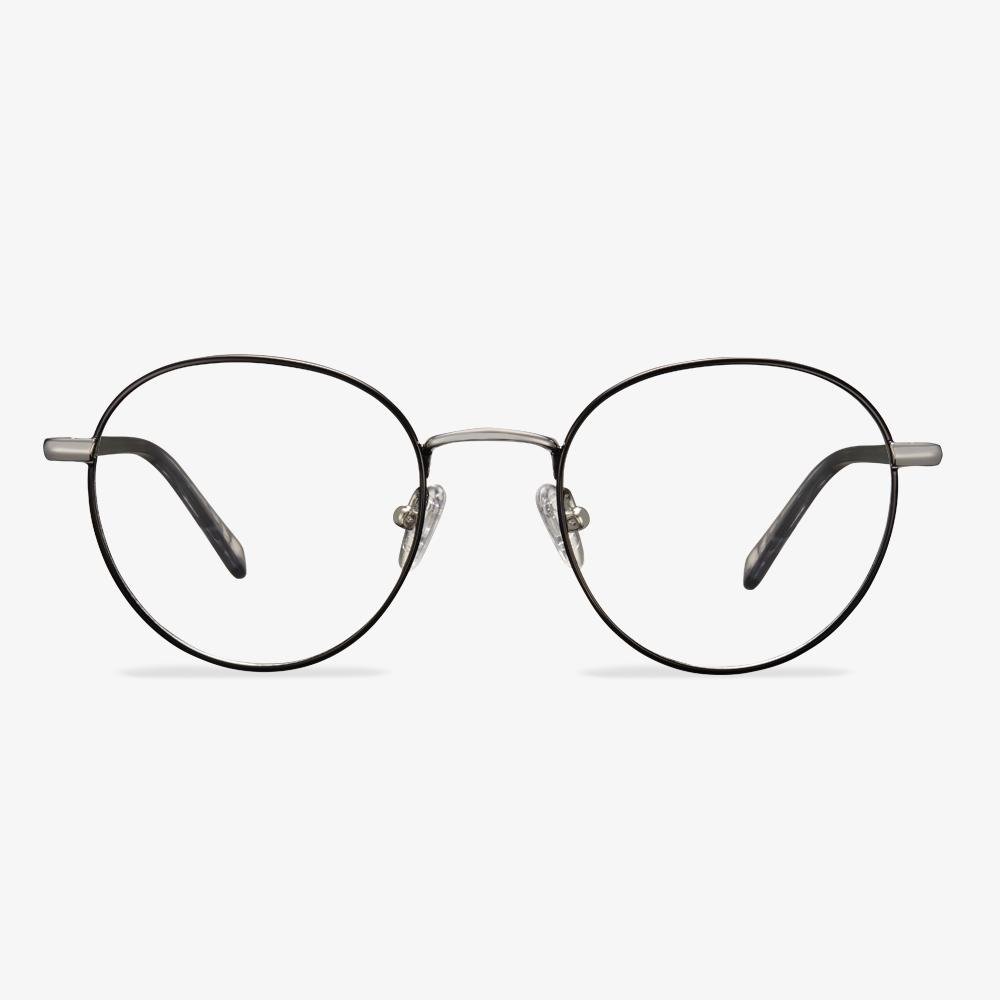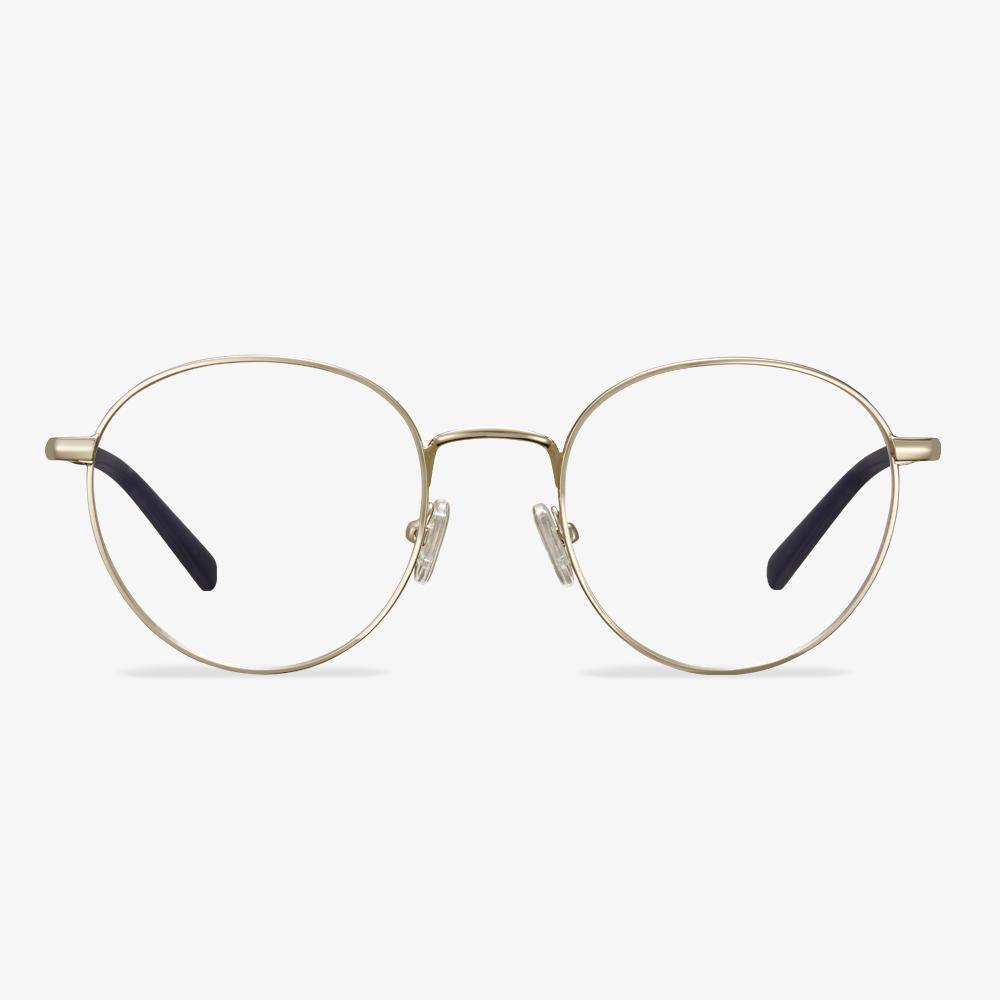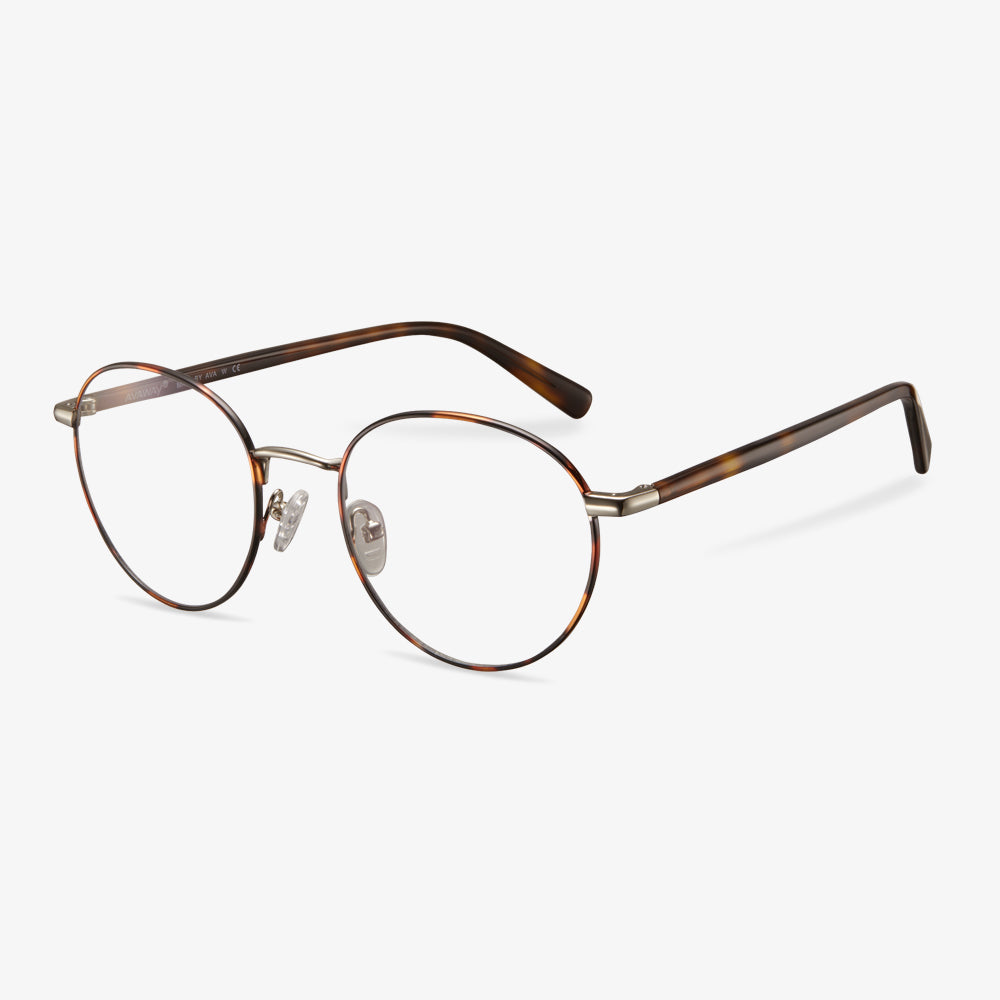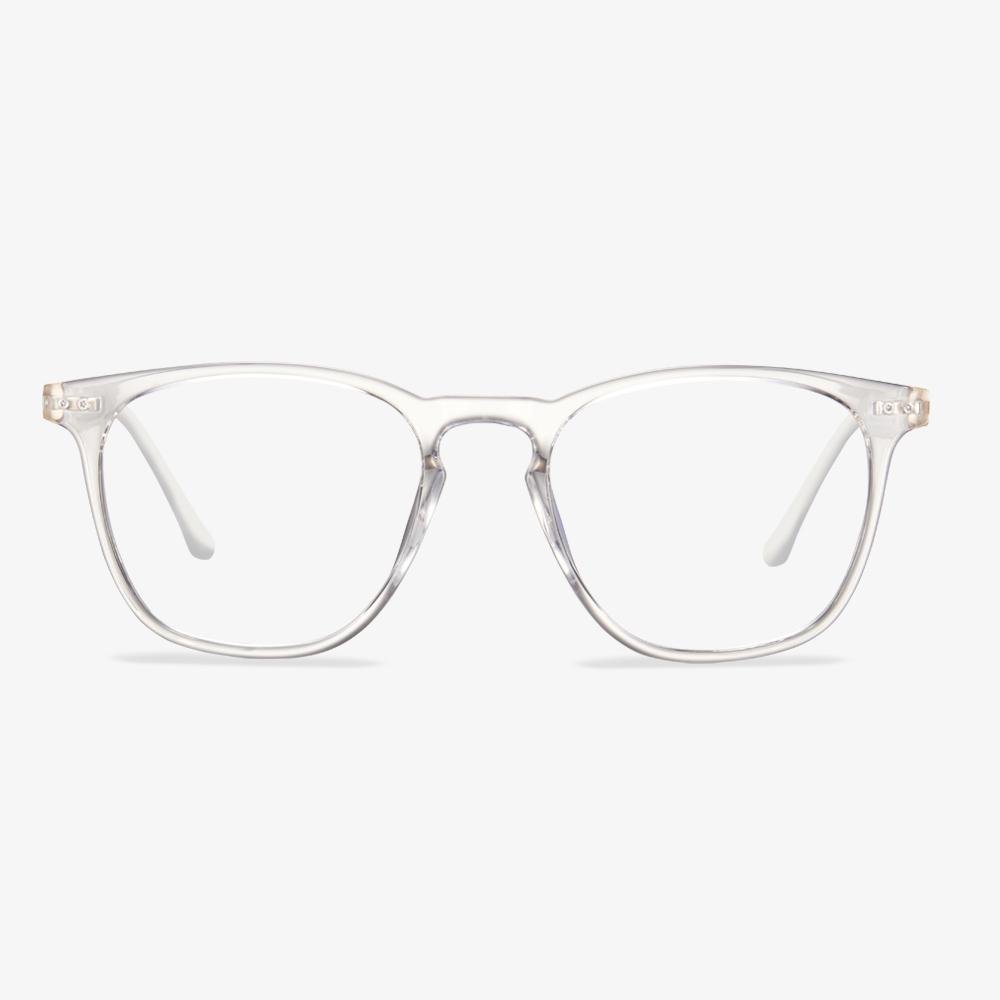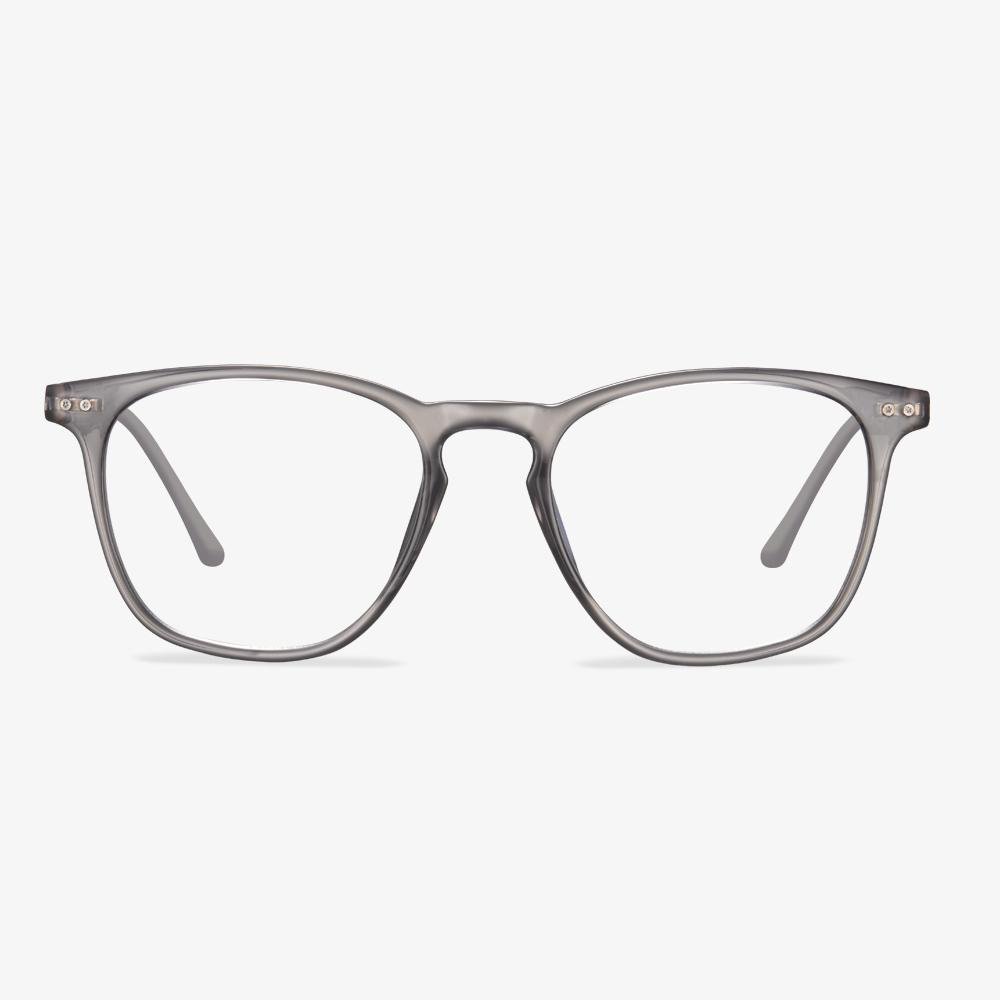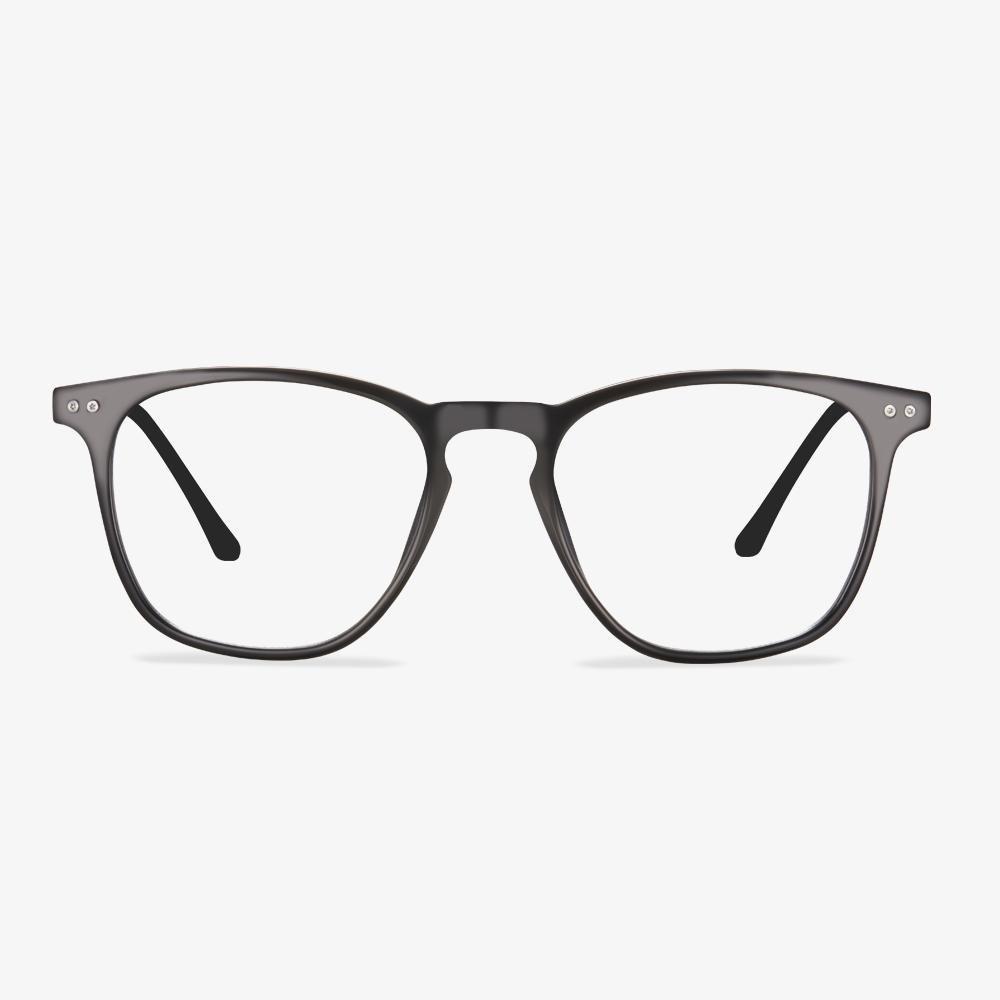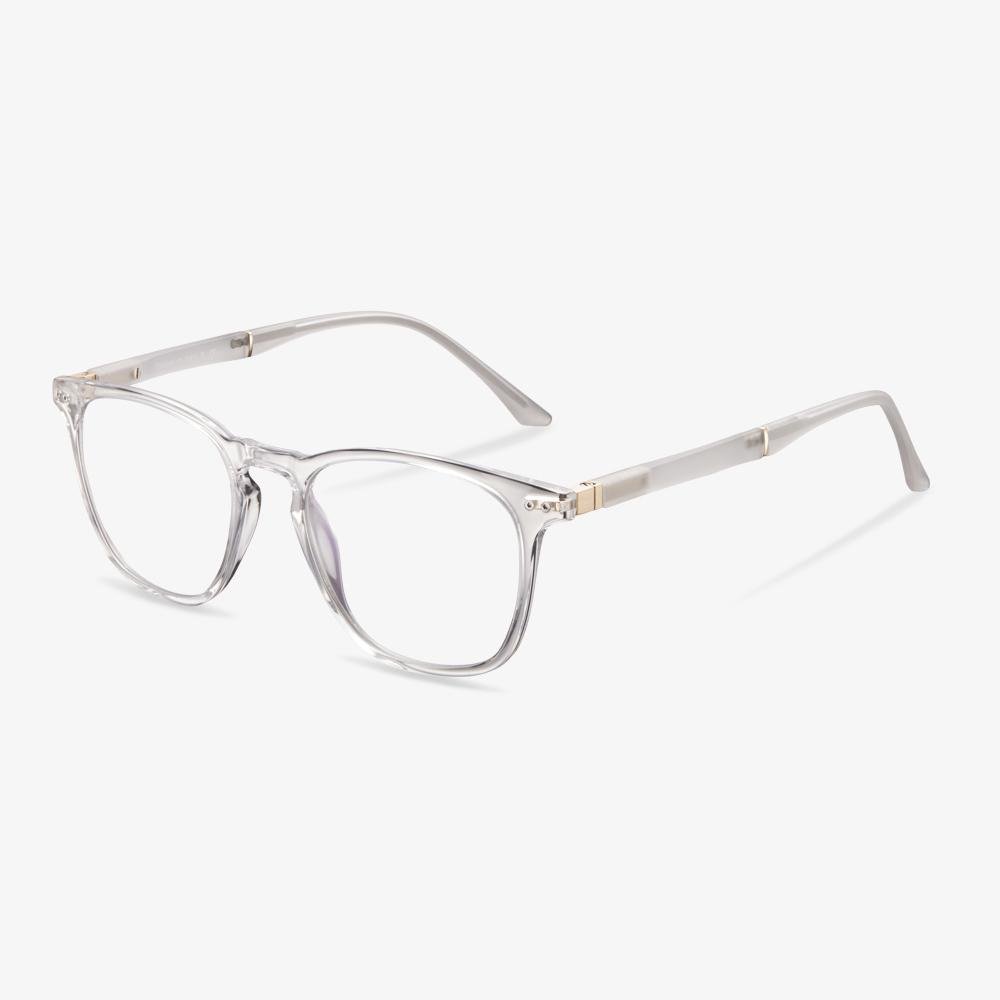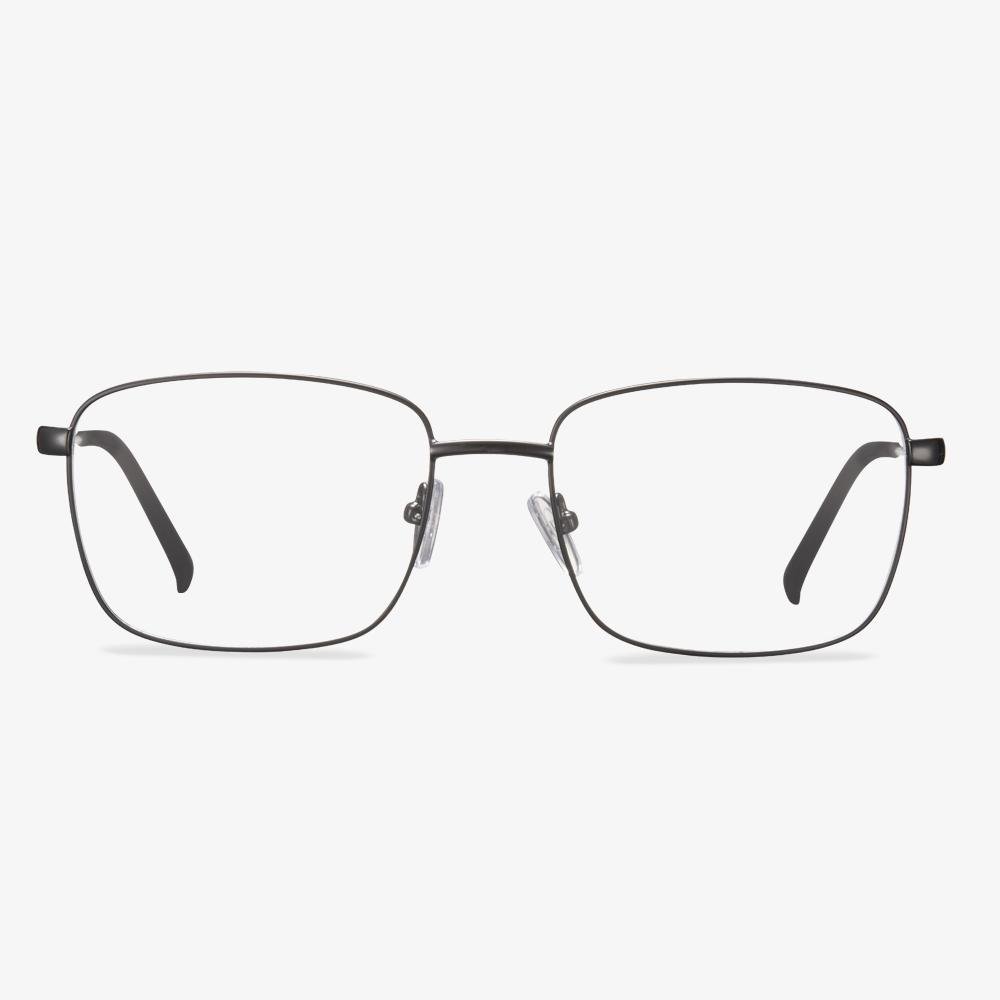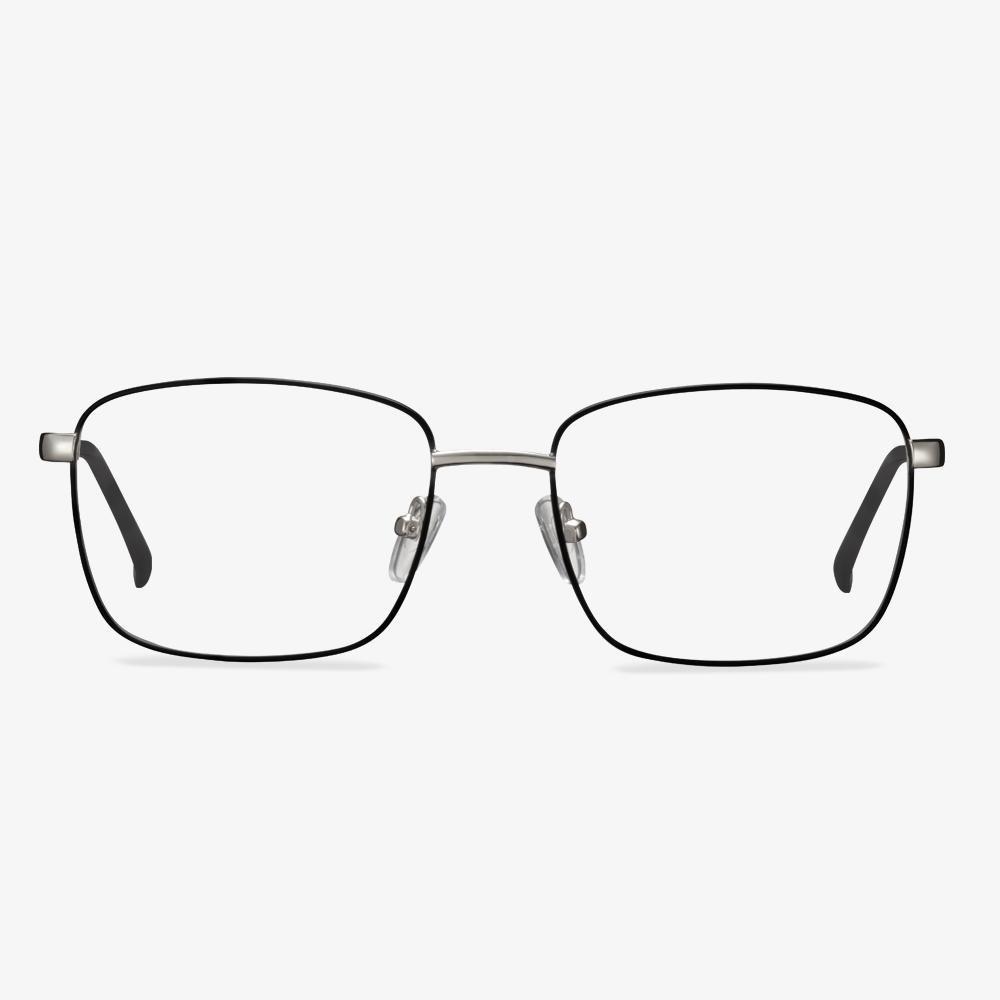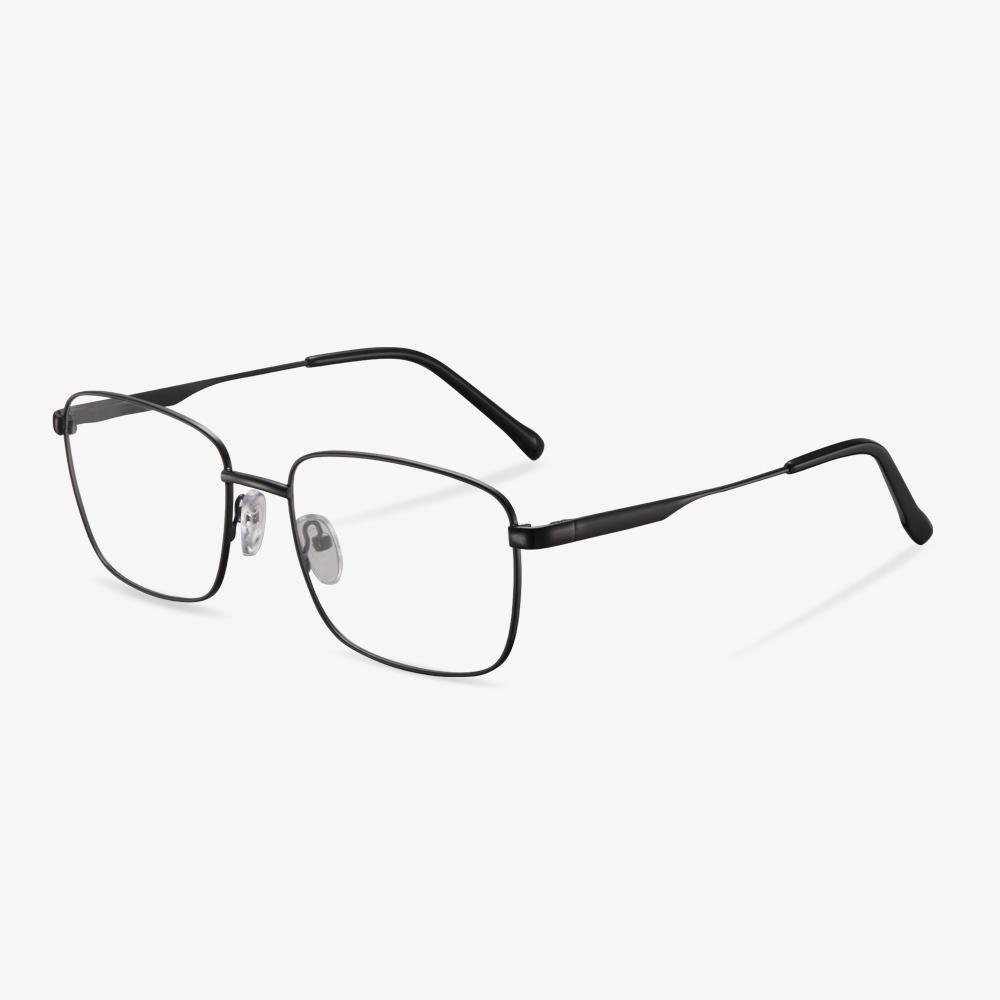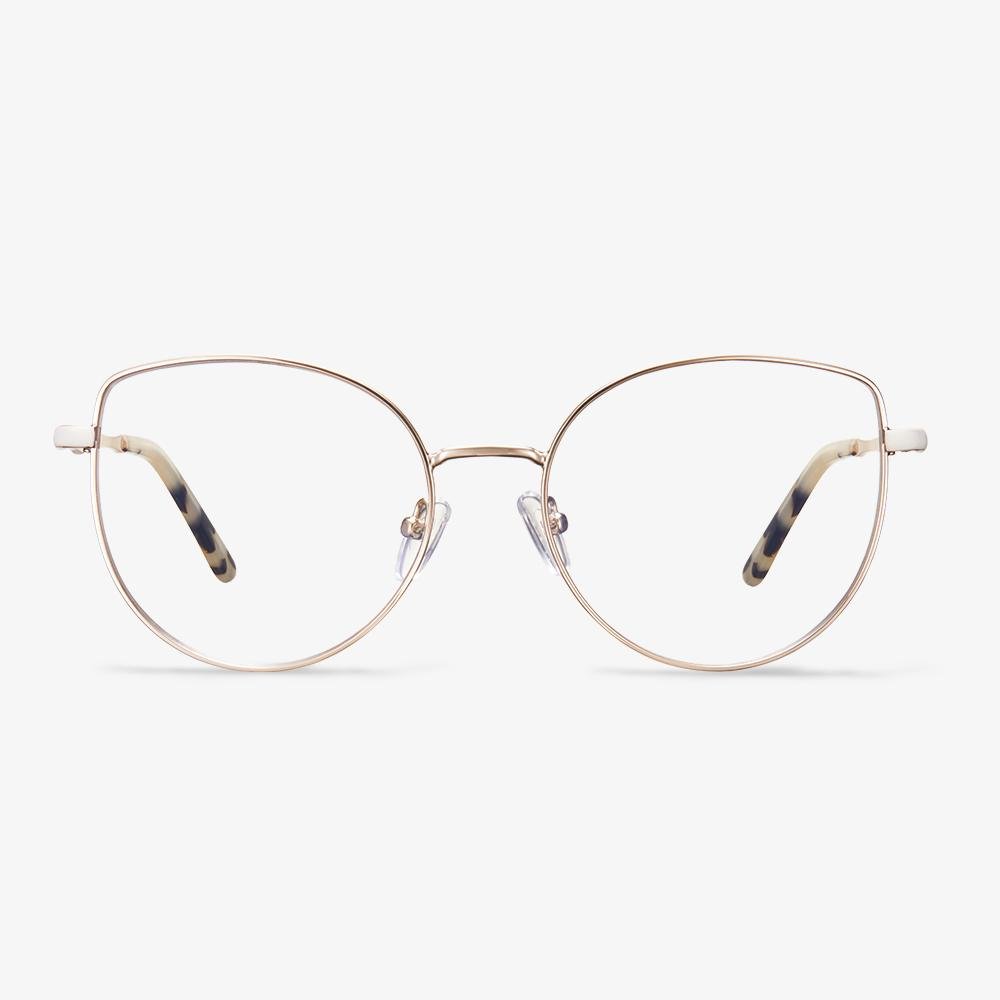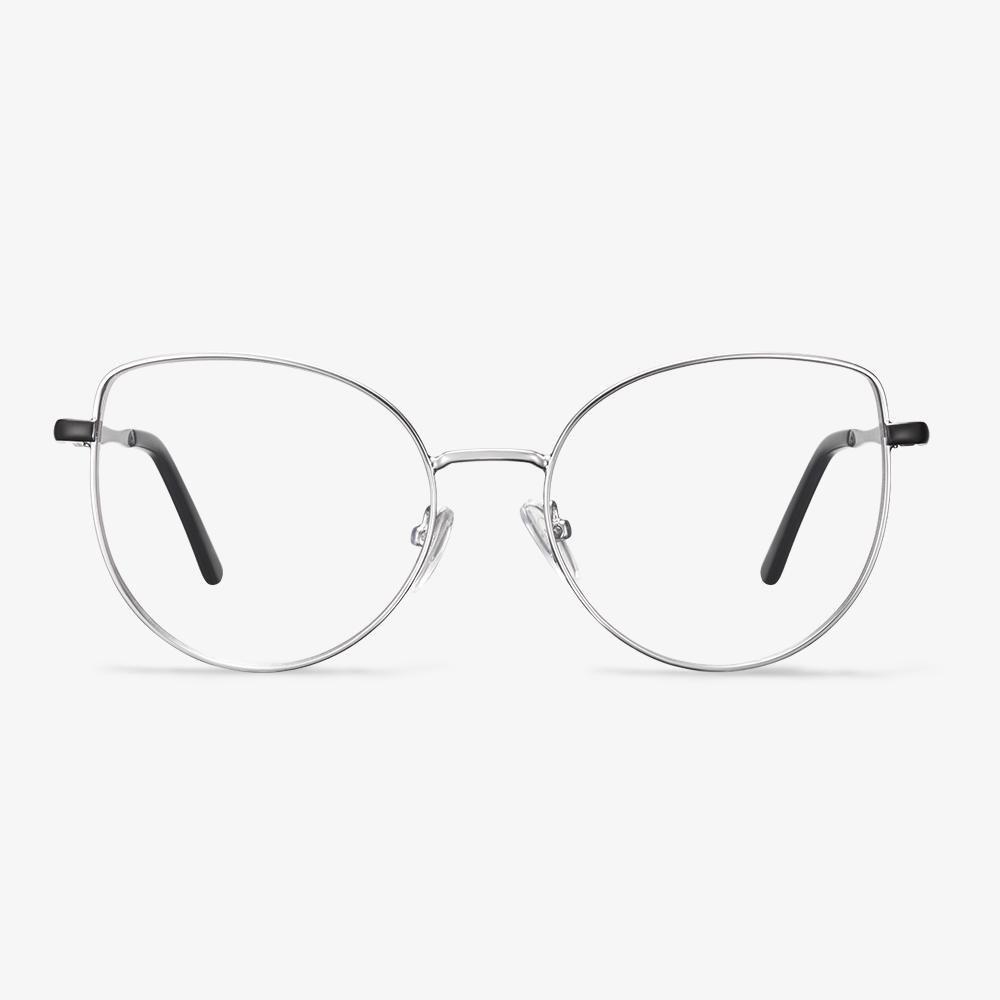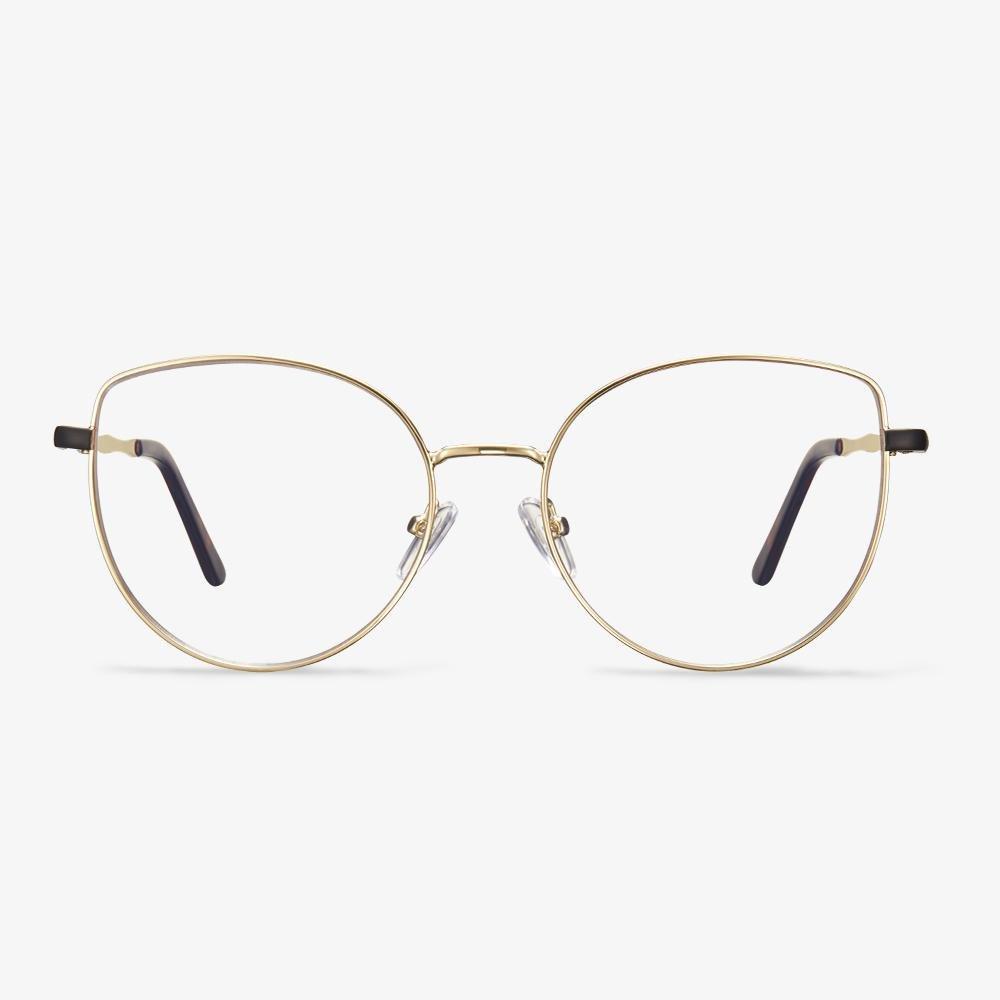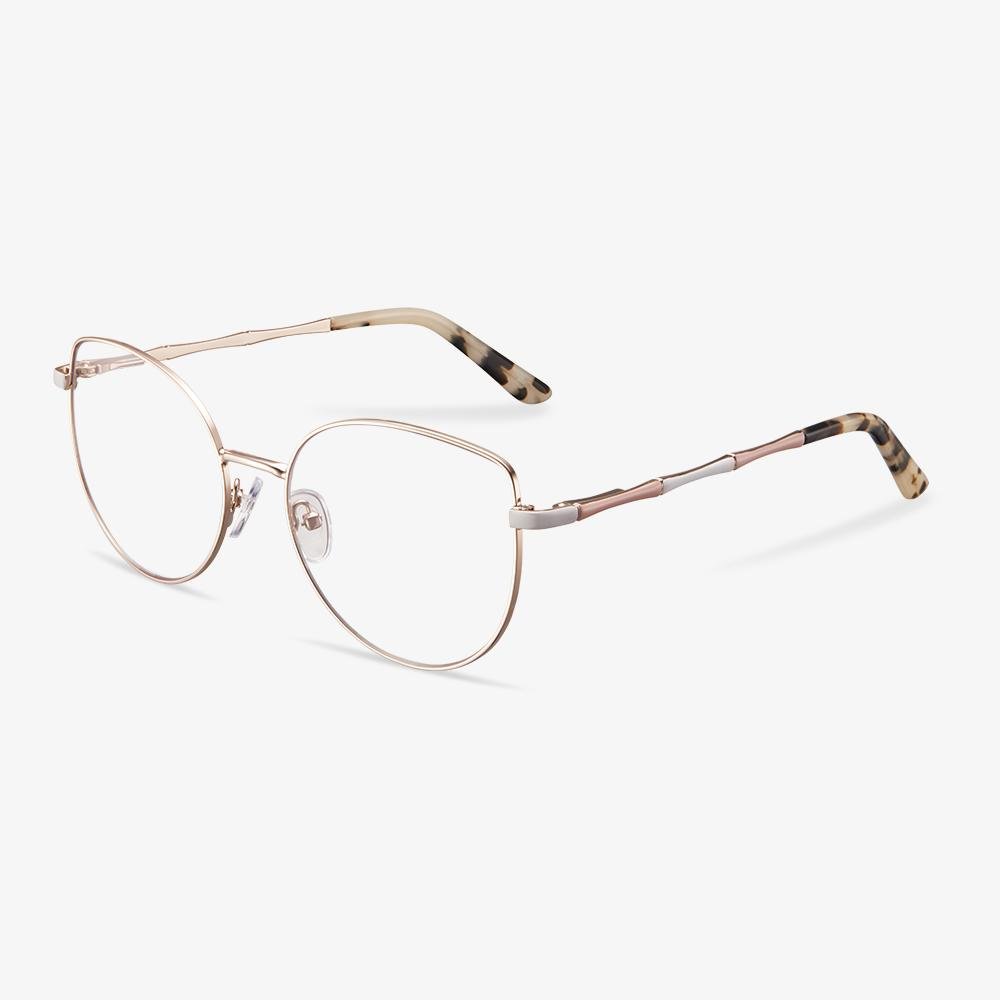Driving is a privilege that many people cherish for its freedom and convenience. However, it's also a significant responsibility that involves ensuring the safety of oneself and others on the road. For individuals with visual impairments, the question of whether they need professional driving glasses is a critical one. In this article, we'll explore the considerations surrounding this issue and provide guidance for those facing this decision.
Understanding Visual Impairments
Visual impairments can encompass a wide range of conditions, from nearsightedness (myopia) and farsightedness (hyperopia) to astigmatism and more severe eye conditions like cataracts or glaucoma. The severity and nature of the impairment greatly influence the ability to drive safely.
Legal Requirements and Licensing
In many countries, including the United States, individuals must meet specific visual acuity requirements to obtain a driver's license. These requirements vary by location but generally specify a minimum level of visual acuity, often measured using the Snellen chart. Some states may also have additional requirements related to peripheral vision, color vision, and nighttime vision.
If a person's visual impairment falls below the legal threshold for safe driving, it may result in a license restriction or disqualification. It is essential to comply with these regulations to ensure road safety.
The Role of Professional Driving Glasses
Professional driving glasses, also known as prescription driving glasses, are eyeglasses prescribed specifically for driving. They are designed to enhance a person's vision while behind the wheel. Here are some considerations regarding their use:
1. Correcting Visual Impairments: If a person's visual impairment is correctable with eyeglasses, they should wear their prescribed glasses while driving. This ensures that they can see road signs, other vehicles, and potential hazards clearly.
2. Anti-Glare Coatings: Many professional driving glasses come with anti-glare coatings that reduce glare from oncoming headlights or bright sunlight. This feature can be especially beneficial for night driving.
3. Specialized Tints: Some driving glasses have tinted lenses designed to enhance contrast and reduce glare in specific lighting conditions. For example, yellow-tinted lenses can improve visibility in foggy or overcast weather.
4. Peripheral Vision: When choosing driving glasses, it's essential to consider how they affect peripheral vision. A clear and unobstructed view of the road's periphery is crucial for safe driving.
5. Regular Eye Exams: People with visual impairments should schedule regular eye examinations with an optometrist or ophthalmologist. These professionals can assess the need for updated prescriptions and ensure that any eye conditions are well-managed.
Alternatives for Individuals with Severe Impairments
For individuals with severe visual impairments that cannot be corrected with glasses, the use of specialized driving aids or adaptive technology may be necessary. These devices can include bioptic telescopes, which allow drivers to magnify distant objects, or voice-guided navigation systems to help with directions.
Responsibility and Safety
It's crucial for individuals with visual impairments to prioritize safety when deciding whether to drive. Here are some essential safety tips:
-
Regular Vision Checks: Keep up with routine eye exams to monitor any changes in your vision and ensure that you are using the correct eyewear.
-
Honest Self-Assessment: Be honest with yourself about your visual limitations. If you find that your visual impairment is affecting your ability to drive safely, consider alternative transportation options.
-
Stay Informed: Familiarize yourself with the laws and regulations regarding driving with visual impairments in your area. Comply with any restrictions or requirements.
-
Consider Driver Rehabilitation: Driver rehabilitation programs can assess your driving abilities and recommend appropriate adaptations or modifications.
In conclusion, the need for professional driving glasses or other adaptive solutions for people with visual impairments depends on the nature and severity of their condition. Safety should always be the top priority. If vision can be corrected with glasses and meets legal requirements, wearing prescribed eyewear is essential for safe driving. However, for those with severe impairments, alternative transportation methods or specialized aids may be the best path to ensure safety for themselves and others on the road. Consulting with eye care professionals and adhering to relevant regulations are critical steps in making informed decisions about driving with visual impairments.















